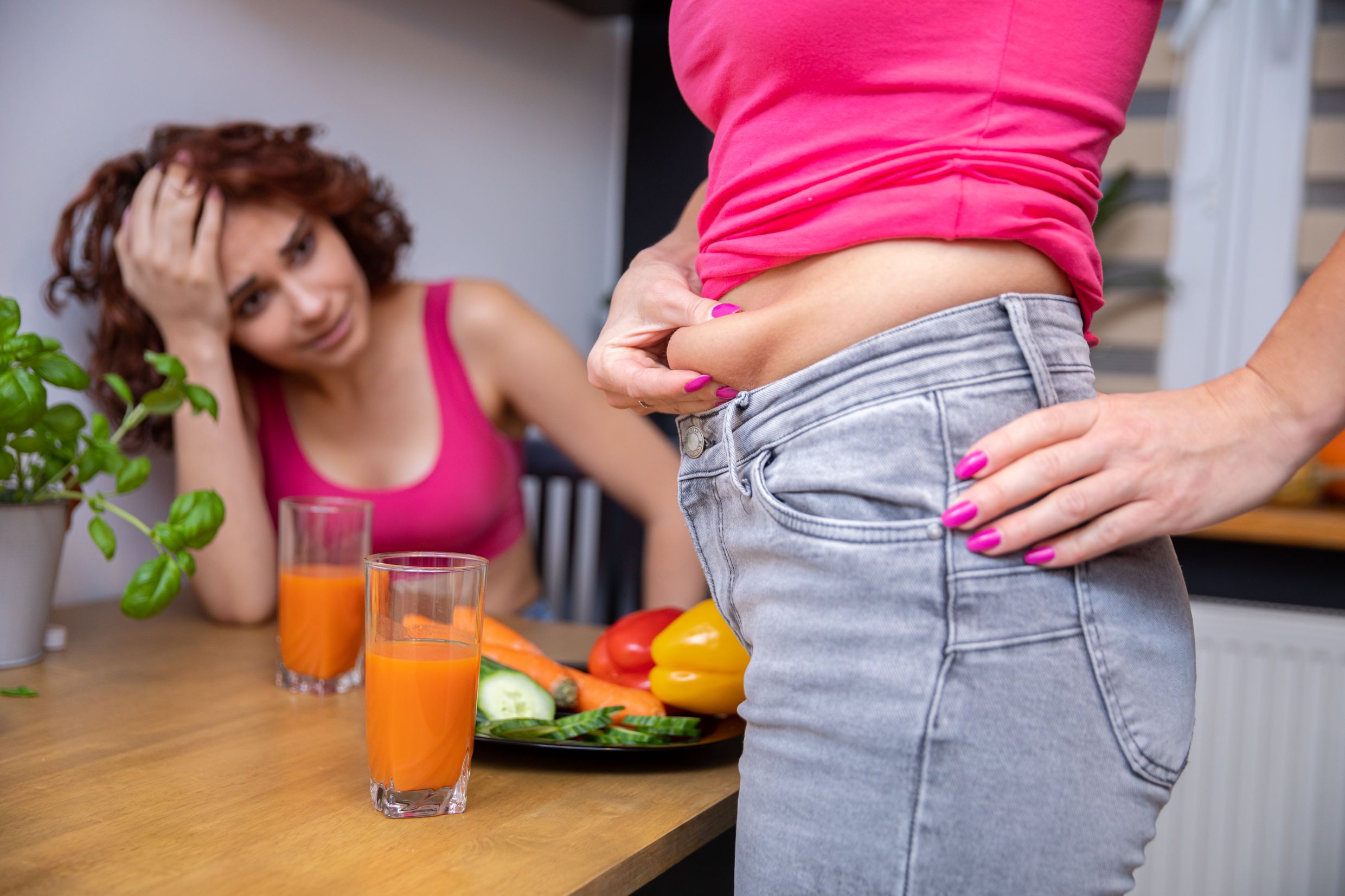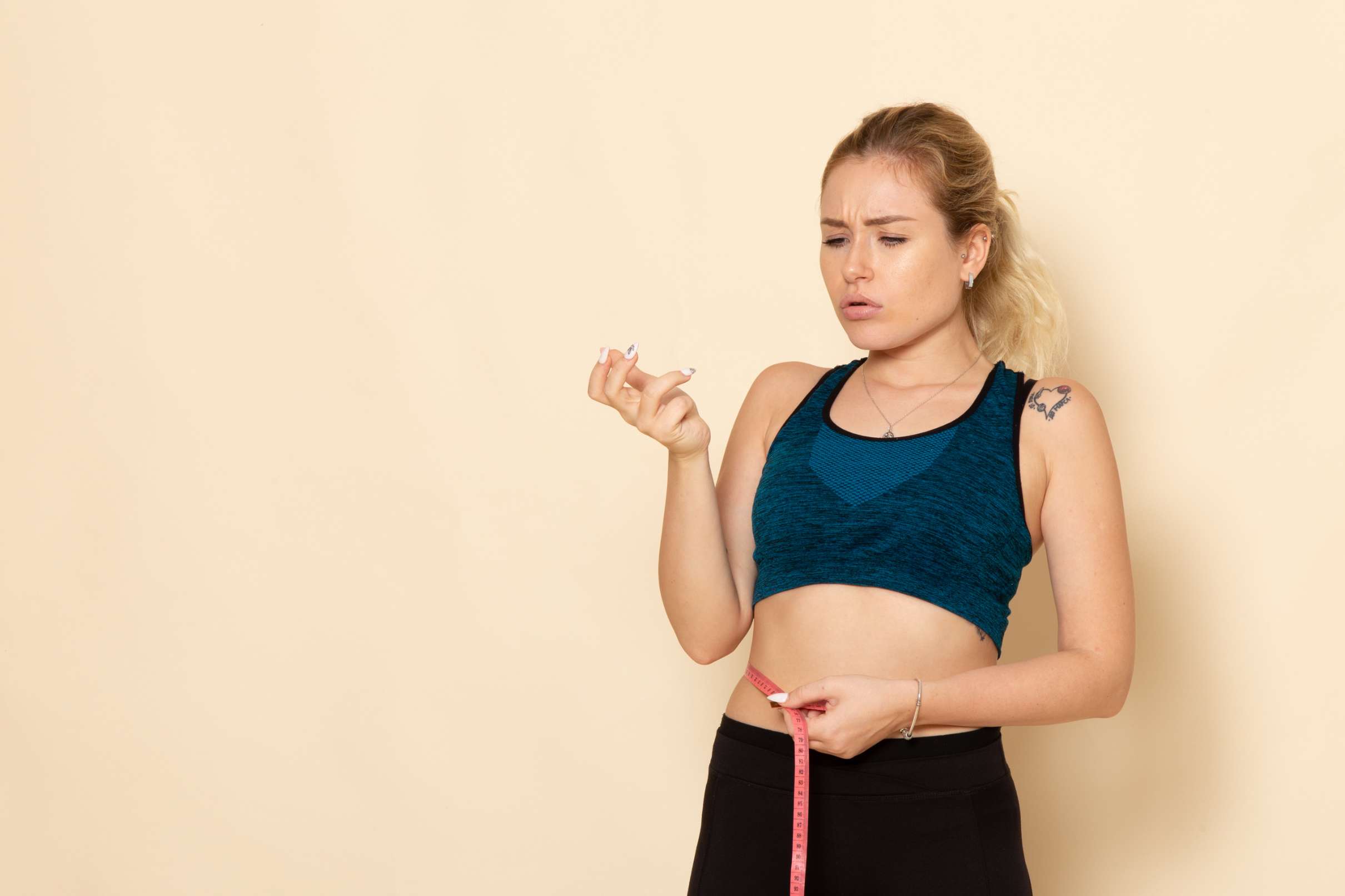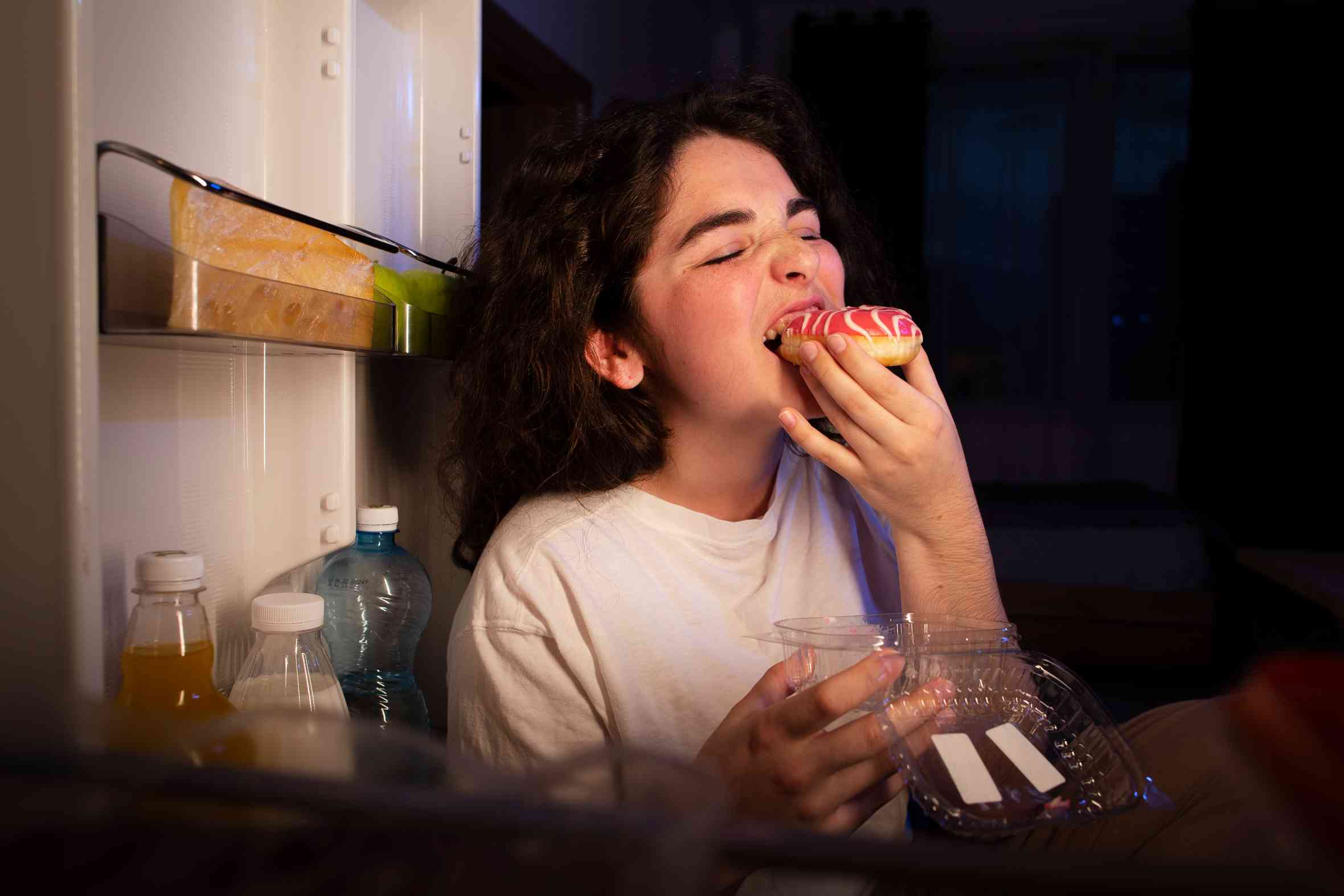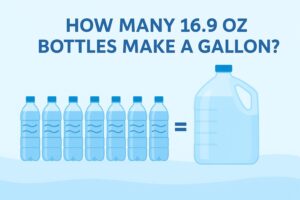
I’ll be honest—I used to avoid the scale like the plague during that time of the month. One week, my jeans fit perfectly, and the next I was convinced I’d packed on five pounds overnight. It always left me asking the same thing: do you gain weight on your period for real, or is it all in my head?
Spoiler alert: you’re not imagining it. Period weight gain is real—but temporary. Once you understand the “why” behind it, you’ll stress a whole lot less and learn to work with your body instead of fighting against it.
Why Period Weight Gain Happens
Hormones are the ringleaders here. In the days before your period, estrogen and progesterone levels swing up and down, affecting everything from mood to water balance. That’s why bloating, puffiness, and a higher number on the scale are so common.
Water retention is another factor. Your body tends to cling to extra fluids during this time, which adds a few pounds—but not fat. Personally, I know it’s water weight because the moment my cycle ends, the scale drops right back down.
Then came the cravings. If you’ve demolished a pizza or devoured a family-size bag of chocolate, welcome to the club. Those indulgences might add a pound or two temporarily, but again, it usually balances out once your cycle ends.
How Much Weight Do You Really Gain?

It varies, but most women notice a 1–5 pound increase. For me, it’s usually around three pounds. Some barely feel it, while others feel like their clothes shrank overnight.
Here’s a simple breakdown:
| Factor | Possible Impact on Weight |
| Water retention | 1–3 lbs |
| Food cravings & extra calories | 1–2 lbs |
| Lower energy/activity | ~1 lb |
The good news? This weight isn’t permanent. Once hormone levels settle, things typically even out.
Is It Fat or Just Water Weight?
Here’s the part no one told me in high school: it’s mostly water weight. Real fat gain happens only if you consistently eat in a calorie surplus—not from a couple of days of comfort food.
When I finally realized this, I stopped beating myself up every month. Instead of panicking, I started thinking, “Okay, this is just my body’s normal rhythm.” That mindset shift made all the difference.
Why Hunger Hits Hard During PMS

Blame hormones again. Progesterone can spike your appetite, which explains why everything in the fridge suddenly looks like a five-star meal.
For me, salty snacks are the biggest weakness—they ease bloating temporarily but also make water retention worse. Many women crave sweets, thanks to changes in blood sugar and serotonin. Both are totally normal biological responses.
The key is balance, not restriction. A little indulgence won’t undo your progress.
How to Handle Period Weight Gain Without Stressing
So what can you actually do to handle the ups and downs? Over the years, I’ve found a few strategies that work consistently:
Stay Hydrated
It feels counterintuitive, but drinking more water helps flush out sodium and reduces bloating. I noticed a huge difference in how my jeans fit once I made hydration a priority.

Move Your Body (Gently)
When cramps hit, a hardcore workout may feel impossible. That’s okay. Even a brisk walk, stretching, or yoga can improve circulation and ease discomfort. For me, skipping movement altogether actually makes me feel worse.
Balance Cravings
Instead of banning chocolate (which never works), I’ll pair a square of dark chocolate with almonds. It satisfies the craving and keeps me from going overboard.
Limit Excess Sodium
Processed foods, chips, and takeout can make bloating worse. Swapping in whole foods—like bananas, leafy greens, and salmon—helps me feel lighter and less puffy.
Prioritize Sleep
Fatigue hits harder during PMS. Poor sleep can throw off hunger hormones and make cravings worse. Even aiming for 30 extra minutes of rest makes a noticeable difference.

Be Kind to Yourself
Remember: the weight you see is usually temporary. It’s not undoing months of progress. Give yourself permission to rest and reset.
Also Read: 14-day no sugar diet food list
FAQs About Period Weight Gain
Do you gain weight on your period every month?
Most women experience some fluctuation, but the amount varies. Some months I hardly notice it, while other months I feel puffier. Stress, hydration, and diet all play a role.
How long does period weight gain last?
Usually between 3–7 days. Personally, the scale is back to normal within two days after my cycle ends. Your body may follow a slightly different timeline.
Can exercise prevent period weight gain?
Not entirely, but it helps reduce bloating and improve mood. Light cardio, yoga, or even a quick walk makes a noticeable difference for me.
Should you avoid weighing yourself during your period?
If the scale stresses you out, yes. It’s just water weight—not fat. Sometimes I skip the scale altogether during that week, and it saves me a lot of unnecessary frustration.
Can diet help reduce bloating?
Absolutely. Cutting down on salty and highly processed foods can help, while potassium-rich foods like bananas and sweet potatoes may ease water retention.
Embracing the Monthly Reset
So, do you gain weight on your period? Yes—but it’s temporary. Between hormones, water retention, and cravings, your body’s just doing its monthly cycle. Once it’s over, your weight usually evens out.
The best thing you can do? Don’t let the scale define your self-worth. Stay hydrated, stay moving, enjoy your chocolate, and give yourself grace. Trust me, a couple of extra pounds for a few days aren’t undoing all your progress.


